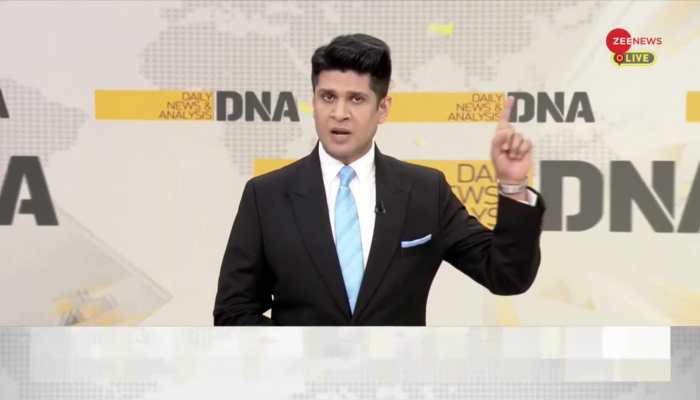Iranian satellite case in NY takes complex turn
Federal agents intercepted the wealthy Iranian entrepreneur at a US airport, questioned him about his business and charged him with illegal export of American-made satellite equipment to his native country.
Trending Photos
)
Hopewell: Federal agents intercepted the wealthy Iranian entrepreneur at a US airport, questioned him about his business and charged him with illegal export of American-made satellite equipment to his native country.
Seyed Amin Ghorashi Sarvestani pleaded guilty soon afterward, but changed circumstances now have encouraged him to challenge his 30-month prison sentence.
Since his plea, the federal government has approved for export to Iran the very products he was convicted of helping ship, his lawyers say.
Then federal prosecutors in New York told a judge after the sentencing hearing that they had mistakenly exaggerated the equipment`s capabilities. The judge hasn`t moved to change the sentence, though lawyers for both sides are continuing to press their arguments.
Whatever happens, the case illustrates the complexity of laws in which actions banned one year may become legal the next and where one government priority, controlling exports in the name of national security, can brush up against another, in this case, promoting Internet freedom for Iranian citizens.
"I am neither an activist nor politically motivated," Sarvestani, 47, wrote from prison in an e-mail to a news agency explaining his business of providing satellite-based Internet communications to Iran. "I am simply a citizen of the Earth who believe the Internet is a true miracle in mankind history."
The Justice Department has stepped up enforcement of export restrictions in recent years, winning convictions in the illegal export of microwave amplifiers to China, defence missile batteries to Iran and military aircraft engines to Venezuela, among others.
While the US imposes stringent restrictions on doing business in Iran, the "devil is in the details" in this area of law because both regulations and US foreign-policy interests can change, said Chicago attorney Daniel Collins, an export controls expert and former federal prosecutor.
"Knowing what you can and can`t do is not as straightforward as you might think," he said.
In Sarvestani`s case, there`s no dispute that he broke the law, though he contended in an interview at prison that his crimes were more the result of negligence than intent.
Stay informed on all the latest news, real-time breaking news updates, and follow all the important headlines in india news and world News on Zee News.
Advertisement
Live Tv
Advertisement







)
)
)
)
)
)
)
)
)
)
